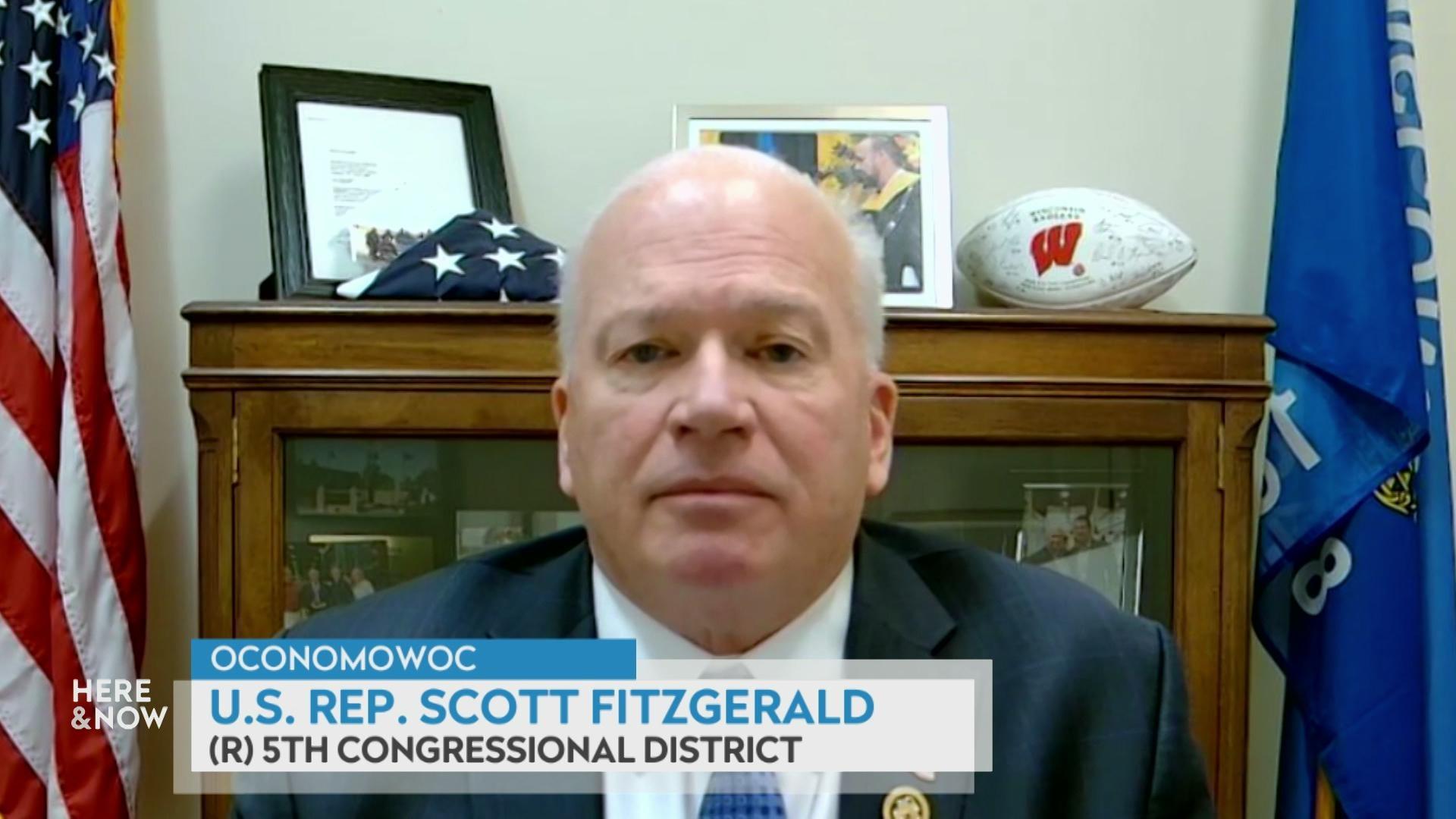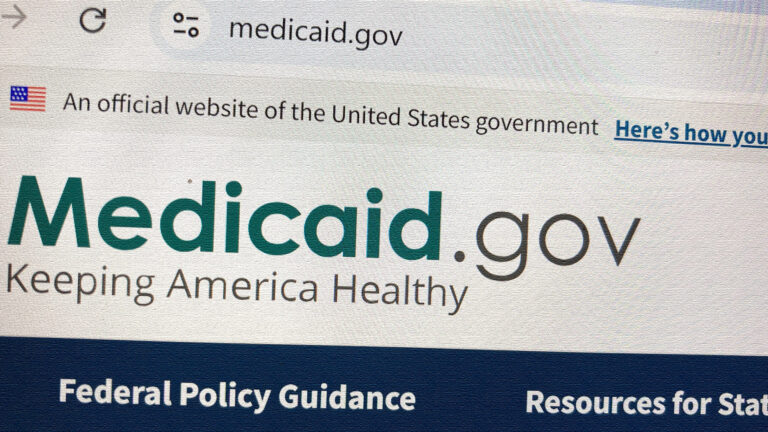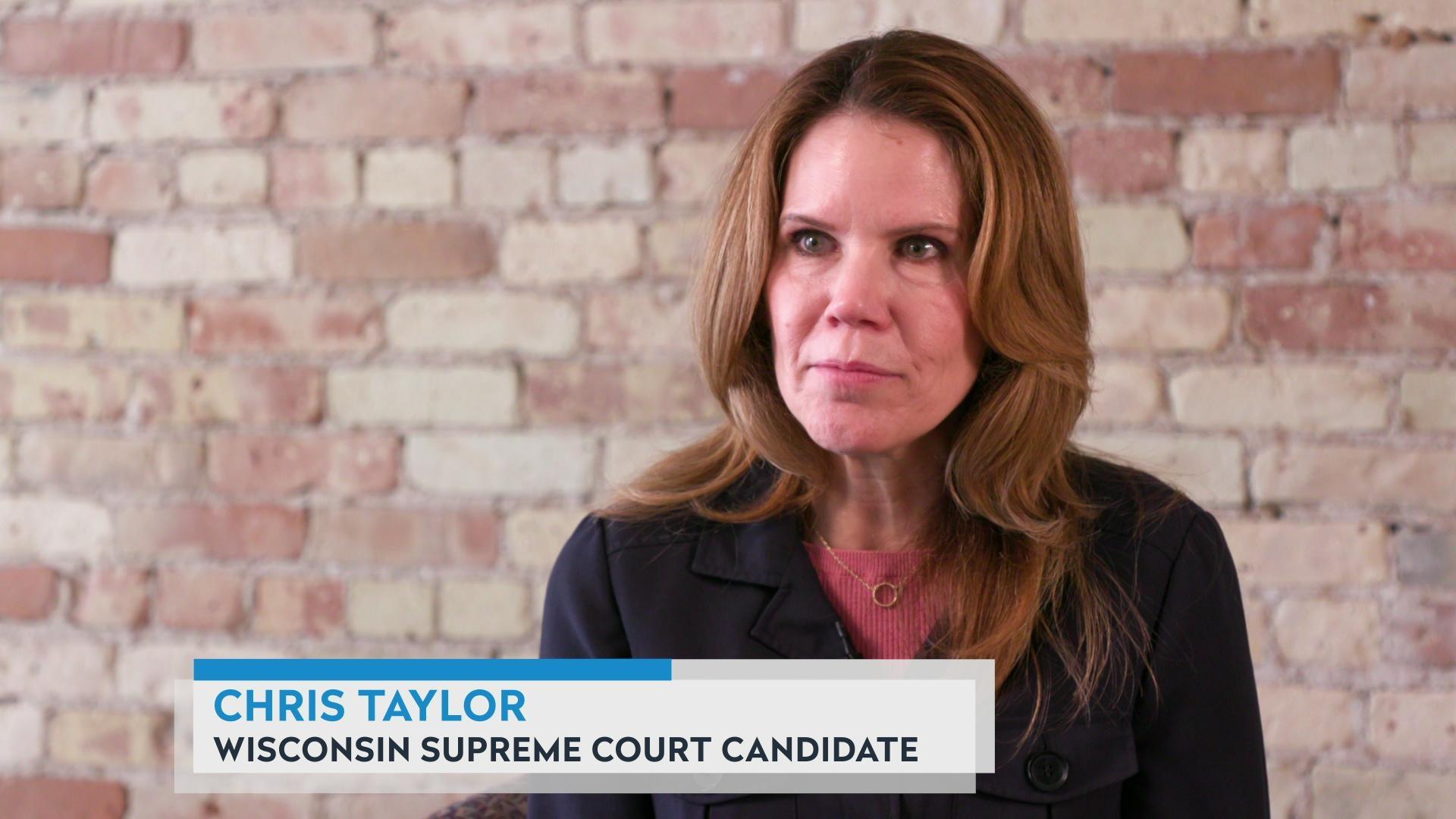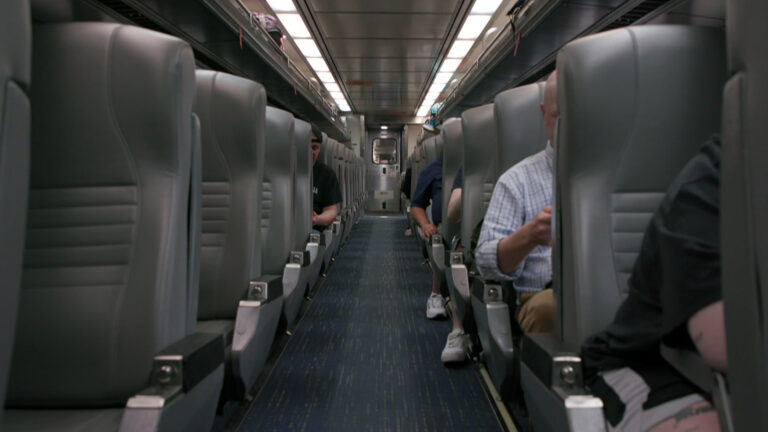Speaker Robin Vos on Wisconsin politics in 2023 and 2024
Wisconsin Assembly Speaker Robin Vos, R-Rochester, discusses the Legislature's work in 2023 and Republican priorities, the governor's vetoes, the redistricting lawsuit and the 2024 election cycle.
By Zac Schultz | Here & Now
December 21, 2023
VIDEO TRANSCRIPT
Zac Schultz:
Wrap up 2023 for me. How do you feel the year went for the Legislature?
Speaker Robin Vos:
You know, I think by and large, there were an awful lot of successes. If you go all the way back, you know, we have seen some things where it's obvious, because we had a lot of coverage, where we had a good deal on shared revenue. The first major increase in a generation. We had a lot of money go into trying to create more housing in Wisconsin. We, of course, had the state budget, which invested in everything from schools to local governments, and in addition to that, had good increases for our workers who work at the state, like prison guards. We had some separate bills that didn't get as much coverage. One that I'm really proud of increase the amount of funding for literacy, 'cause we know that if young people don't read at grade level, they're significantly less likely to graduate from high school and go on to college. We had a bill that actually worked its way through the process that dealt with criminal justice. So, we had a lot of good things that happened throughout Wisconsin. We had some things that were disappointing that didn't get across the finish line. There are still some things waiting. So I voted and we strongly supported a bill to make birth control available over-the-counter so we don't have a need for as many abortions in Wisconsin. Stalled in the Senate, but hopefully that'll get across the finish line. We had a bill that dealt with processing ballots on Monday, so we don't have late night ballot dumps. That happened in the Assembly, hopefully it'll pass in the state Senate.
Zac Schultz:
You mentioned as one of the successes just a little bit ago, in the budget, the raises. And it took until just this week for the UW portion of those raises to come through. They were obviously negotiated the first time. Do you feel like you had leverage to negotiate over those of them a second time and is that part of the lawsuit that Governor Evers has filed to try and stop some of the oversight that the Legislature has?
Speaker Robin Vos:
Well, again, this is where people try to rewrite history. It's been very common that the legislative committee does not approve the final product until sometime in the fall. So we're in the normal timeline. That is a bogus argument. It also is true that the Legislature has the ability to go through the comp plan, it's called, where they give us a whole bunch of changes as to the way they want to pay employees, what our insurance looks like, what happens with different rules for regulating the workplace. All those things happen. And it's very common for us to do it.
Zac Schultz:
But you did separate out the raises, the state worker raises from the UW raises. And then you said, "I'm not approving those until I get more changes."
Speaker Robin Vos:
Yeah.
Zac Schultz:
Isn't that a second set of negotiations overall?
Speaker Robin Vos:
No, that's the way that we normally have done things. And again, there were a lot of things that worked their way through the process. They wanted an engineering building. They wanted more money for programs. Those were all things that were part of the process too. And that's a normal way we negotiate. Look, we try to find a consensus. I give credit to President Rothman and the chancellors from around the university. They negotiated in good faith. They didn't give me anywhere near as much as I wanted, and we gave them a lot of things that they thought were important. That's what the world, I think, needs more of is consensus and compromise. Not, if I don't get it exactly my way, I'm gonna sue. Or if I don't find a way to get to an answer that only I can support, we do nothing.
Zac Schultz:
Speaking of the UW Board of Regents, how do you interpret those two votes? What changed from the first to the second?
Speaker Robin Vos:
You'd have to ask them, I have no idea. Look, we negotiated for months. I know that the chancellors and President Rothman were in constant communication with the regents. I can't imagine they would've come to us and said, "We have a deal" if they hadn't run them by, in an informal way, the regents. Now, my understanding through the rumor mill is that Governor Evers and his staff were actively trying to kill the deal multiple times. They didn't want consensus. I don't know why, but they didn't want consensus. Now, ultimately, even the governor's own regents ignored his wishes and did the right thing. So, I don't know why it happened, but the right thing happened at the end.
Zac Schultz:
Regarding DEI within the UW system, what will actually change with this deal? I mean, are you certain that this will actually root out DEI as you've requested, or will they just give it a new name?
Speaker Robin Vos:
No, no, no, it's a start. And let's just take one example, Zac, that's gotten an awful lot of, not enough coverage, okay? In the 1940s and '50s, we had a problem where there was pervasive racism for applications into the university system, right? If you didn't have the right skin color or perhaps the right gender, you didn't have a chance to get into the university. Well, smart people at the time decided that we were gonna do a test, the SAT and the ACT over time, so that the best qualified people get to the university and are admitted based on their God-given ability. That's the norm for our society. It actually is required that every student take the ACT test. All of a sudden, COVID comes and they couldn't gather together for the test. And the university decides we're no longer gonna use standardized testing, we're gonna let people write an essay. Well, that's exactly what they did in the 1940s and '50s when they had institutional racism. And now we're doing the opposite where we're saying, you can be the smartest kid, but if you don't do a good essay or do the right DEI code words, you're not admitted to Madison or you're not admitted to one of the other universities. That's awful. So we wanted to put the ACT test back in. They said absolutely not. So we compromised and said we're gonna take the top 5% of students in the university admittance from any school in Wisconsin, top 10% for anybody but Madison. I think that's a good compromise that wins for every parent so that you know if you have smart kids, they don't have to go to another state to be accepted. Why is that a loss? That's a win. So I think a lot of the things that we did were good common sense, middle ground, finding ways to get to an answer that show that DEI isn't about diversifying the campus. That's what we believe in, we actually want more diversity. I want people be coming to the campus no matter what color or race you are. What they want is people giving special privileges based on certain categories that they like. Well, that's not the way the world should be. So, diversity is what we support, but division, exclusion and indoctrination, which is what it's become, is what we're opposed to.
Zac Schultz:
So, how do you win the PR battle when it comes to people who see headlines and see Republicans are opposed to things that will help even out the playing field for Black people who have been marginalized or discriminated against in the past when those are the headlines.
Speaker Robin Vos:
But it doesn't even out the playing field. What it does is it actually gives people a special advantage that if it was 1950s Alabama, we would call racism, right? It's the 2020s in Wisconsin. We don't want racism here either. We want to make sure that if you are the smartest, best, most capable person, man, woman, Black, white, Hispanic, Asian, who cares, you should get the job. You should get the position, you should be advanced. That's what I think everybody in Wisconsin wants. The idea that we're somehow going to now use a new filter of race as a way to offset the old filter of race is wrong. I mean, redlining's been illegal for over 50 years. It should be, it was horrific, right? All these things that were part of our history should never be forgotten, but never repeated. And a lot of the things that they're talking about is repeating the problems of the past to try to fix what they think are still the problems of today. So, I think we have a way to generate a consensus. We have a way to be able to move forward on people's talent and ability. You and I know that most of the reason people don't succeed is poverty. It's not race in America anymore, it's because they're poor. Well, let's focus on lifting up people who are in poverty no matter what their skin color is, and not focus on obsessing on people who are wealthy, and perhaps a minority, versus somebody who's not wealthy and not a minority. So hopefully, we can find that consensus.
Zac Schultz:
Moving on to another big issue of the year, the Supreme Court is taking up a redistricting case. They have had oral arguments. What are your thoughts on the possibility of new maps next?
Speaker Robin Vos:
Well, it's not the possibility. You and I know they've already predetermined the case. Everybody in Wisconsin knows that this is a farce. They have already decided they're gonna draw new maps because Janet Protasiewicz, which for the first time in the history of the country, predetermined cases when she was running for an election. That's wrong. But we already know what's happening. So it's not some kind of a big mystery that we don't know we're gonna get maps. Let's remember that Republicans have had this majority in the chamber for 30 years with two years exception. And that was under maps drawn by a court, maps drawn by the Legislature, maps drawn by a federal court. We're gonna win again in 2024 because we have better candidates and a better message. One of the most important stats that people never want to talk about, in 2018, we had a Democrat sweep year, right? Democrats won pretty much everything, including the U.S. Senate. We saw also Tammy Baldwin carry 14 districts that were won by Assembly Republicans. If she had just had the same people who voted for her for the federal office and the Democrat for the Assembly, they'd be in the majority right now. But we have better candidates and a better message. They are too focused on being divisive. So, we're gonna have the same dynamic in 2024. As long as they don't have some kind of an Illinois-style gerrymander where they pizza pie everybody into Dane County, I think we'll have competitive maps like we do now. Republicans will win the majority like we did last time. And we'll continue to have divided government in Wisconsin.
Zac Schultz:
All right, Speaker Vos, thanks for your time.
Speaker Robin Vos:
Thanks Zac, good to see you.
Editor's note: PBS Wisconsin is a service of the University of Wisconsin-Madison and the Wisconsin Educational Communications Board.
 Passport
Passport











Follow Us